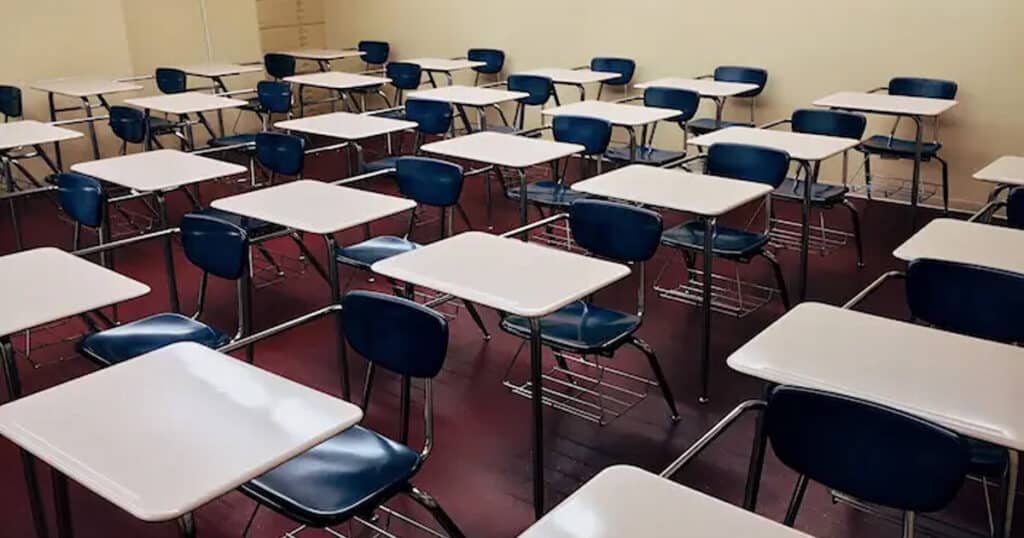
Bi-partisan Self-interest in Politics Destroys Children’s Future
The struggle to get kids a decent education validates Thomas Sowell’s premise on the priorities of most politicians – their first priority is to get elected, their second is to get re-elected, and their third priority is a distant thought.
Most often, this manifests in the excuses offered for opposing school choice. But it is also displayed when legislators break with their party and stand up for children.
Rep. Marvin Robinson represents parents in one of the worst-performing school districts in Kansas. Nearly 60% of USD 500 Kansas City students cannot read or do math at grade level, and only 10% are proficient. Outcomes remain stubbornly low despite funding that now exceeds $20,000 per student. Robinson voted (twice) for legislation to give poor kids access to other educational opportunities, and his fellow Democrats are furious. He says one female Democrat in the Legislature told him he should die after he was the lone Democrat voting to override Governor Kelly’s third veto of the Fairness in Women’s Sports Act, which prevents biological males from competing in women’s sports.
Robinson notes (perhaps tongue-in-cheek) that Governor Laura Kelly said, “Obviously, men should not compete in girls’ sports.” But that was during her re-election campaign when she was trying to appeal to moderate voters and obviously did not mean what she said.
The Wyandotte County Young Democrats issued a press calling on Robinson to resign for not toeing the party line. Chairman John Pauldine told the Sentinel that the WYCO Young Democrats don’t have a plan to get students to grade level but said, “It would take a short amount of time to have students performing at or above grade level” if “Republican charlatans” would increase funding. Pauldine declined to say how much of an increase would be required, but USD 500 is already spending over $20,000 per student and showing no improvement.
As parents have become more aware that student achievement in Kansas is much lower than education officials have led them to believe, the demand for school choice has skyrocketed. A recent poll of Kansas parents and grandparents shows 72% say education savings accounts should be available to parents if they don’t believe the public school is meeting their child’s academic needs, and only 19% disagreed. So with Kansas having more students below grade level than are proficient in reading and math, you’d think that the people’s elected representatives would strongly support school choice legislation. But some of them put their political self-interests first, and not just the Democrats.
Some (primarily rural) Republicans privately say they understand the need for choice but don’t want to upset their school superintendents, who carry a lot of sway in elections. Rural voters in western Kansas, 86% of whom want school choice, are ignored.
Others say allowing parents to choose the school that best suits their children will hurt rural school districts, even though research shows that that has not happened in Florida, which has had robust school choice options for decades.
No Republican or Democrat who votes against school choice says low-income students who cannot read or do math at grade level are better off in the public school system, and they don’t believe the public school system will get them to grade level. They vote against school choice because it is in their political self-interest to do so.
And by doing so, they knowingly condemn many students to a lifetime of underachievement.
Dave Trabert is Chief Executive Officer of Kansas Policy Institute.
This article was originally published by RealClearPolicy and made available via RealClearWire.


